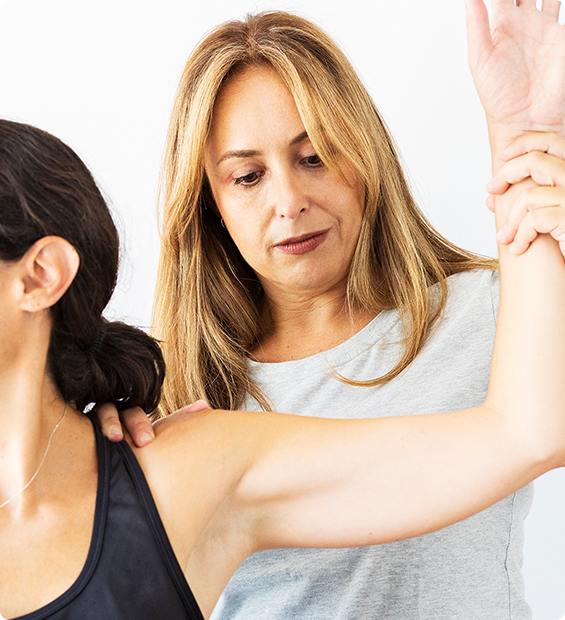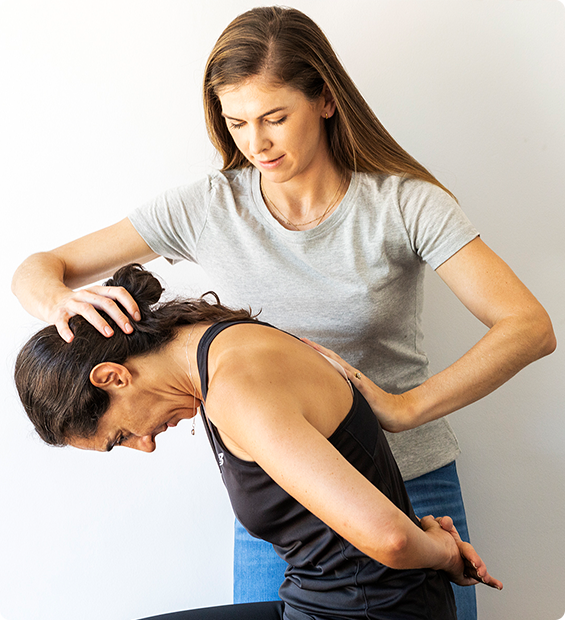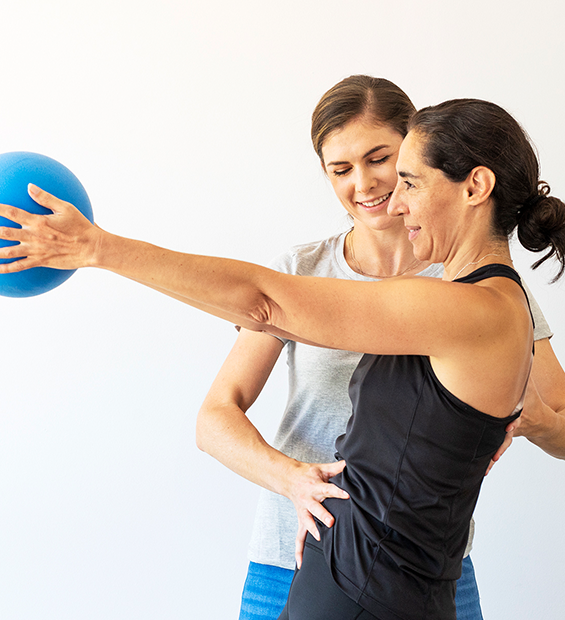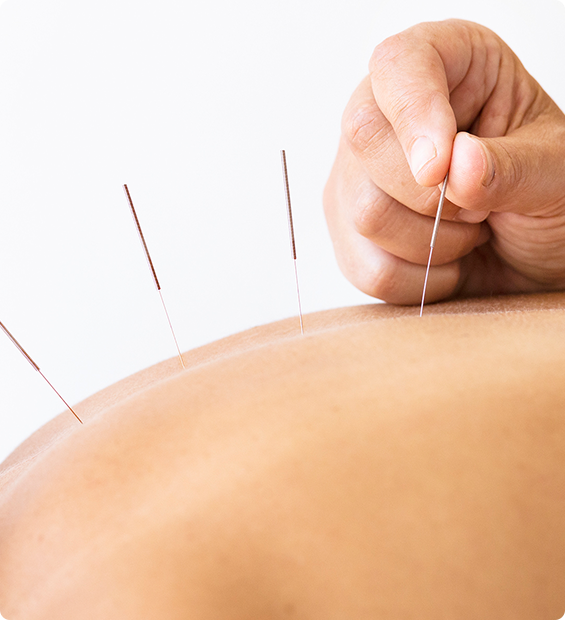Services
We have a special interest in assessing and treating neuro-musculoskeletal (NMS), spinal and peripheral joint disorders using a clinically reasoned hands-on approach of manual therapy and rehabilitation.
The physiotherapist will perform a thorough assessment in order to make an accurate diagnosis and create a patient-specific treatment plan. The goal of treatment is to reduce pain, address impairment and obtain optimal function. Patients with conditions or impairments which do not fall within our scope of practice, or that needs a multi-disciplinary approach, will be referred to the applicable healthcare professional. Our treatment is based on the latest research and is therefore evidence-based and scientific. We have spent years establishing trusted relationships with other medical professionals to be part of a comprehensive multi-disciplinary team ensuring the best possible outcomes for our patients.

services include
- Manual therapy
- Rehabilitation
- Pilates
- Biomechanical assessments
- Dry needling
- Strapping
- Home visits
- Geriatric mobilisation and rehabilitation
with the focus on function
conditions
- Back and neck pain
- Headaches
- Sport injuries
- Acute injuries
- Pre- and post-operative rehabilitation
- Postural syndrome
- Chest conditions
- Repetitive strain injuries/ overuse injuries
- Trauma


